Zambia | Kasisi Agricultural Training Centre
Brother Paul, the Jesuit who is in charge of Kasisi, came to Zambia in 1969. He started the Agricultural Training Centre in 1974, training 10 families in conventional agriculture.
After about 10 years the results of the project were not satisfactory. The farmers were unable to make a profit and remained in debt because the pesticides and fertilizers were too costly.
Looking for alternatives, br. Paul took an interest in organic farming. His interest was purely economical at first; organic farming requires less input, and makes it easier for poor farmers to start. This soon proofed to be not the only advantage: Yields started to increase to up to 5 times the yields gained with conventional farming. It turned out that the quality of the soil improved very rapidly because of the use of compost. And a better soil, leads to more resilient crop; the organically farmed crops turned out to be more resistant against deceases.
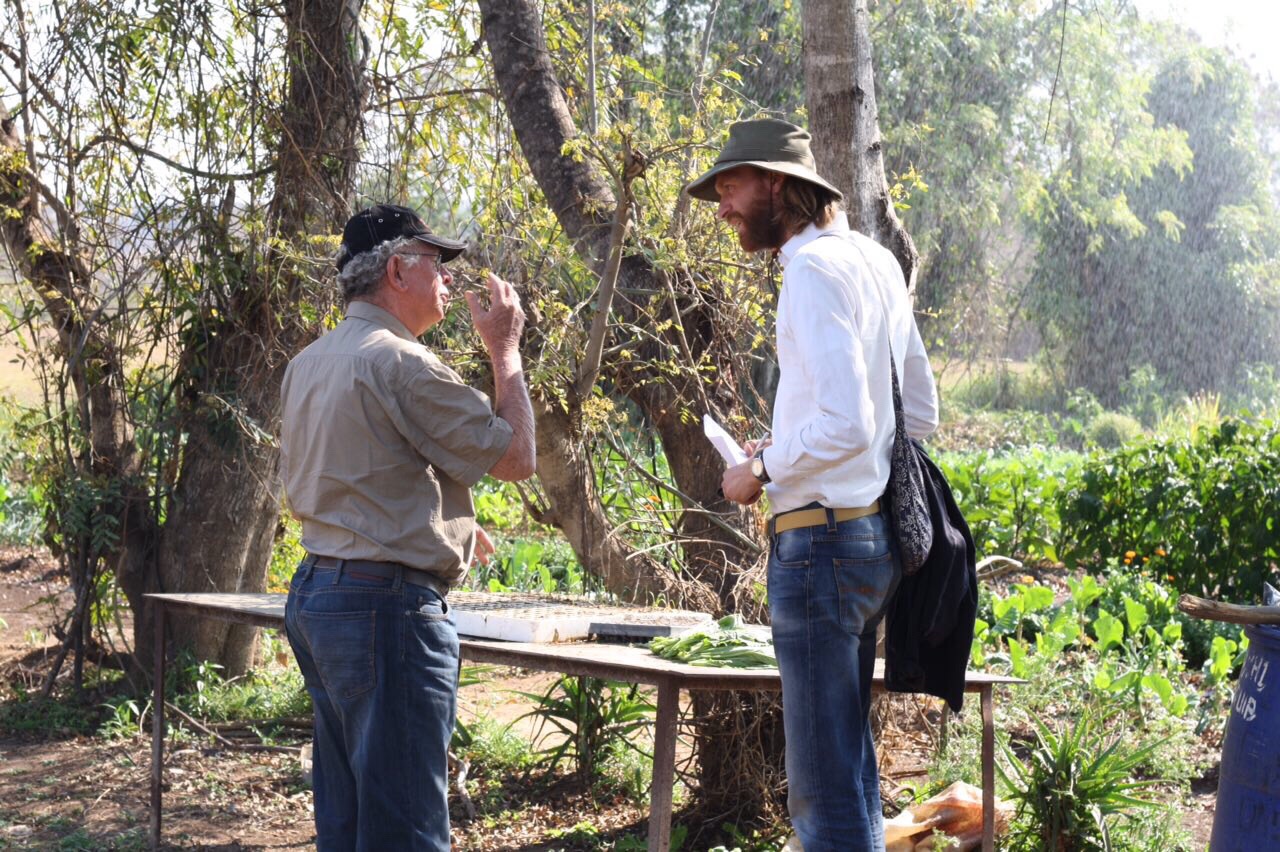
Building on this success, the Kasisi Agricultural Training Centre (KATC) now offers 17 different courses. The first course, sustainable organic agriculture, offers the basics. From there participants can choose to specialize. Most courses are 5 days. The courses concerning cattle take 2 weeks. One course takes even 6 weeks. Kasisi also trains field staff of NGO's that want to get started with organic farming, like dutch NGO HIVOS. Together with HIVOS, KATC has started the Village of Green Hope, in the rural district of Chongwe, east of Lusaka.
Apart from the courses Kasisi arranges follow up to keep track of their students and see how they perform and learn from each other's successes and failures. Kasisi also organizes field days on demo plots around Lusaka in March and April. These days are usually attended by about 200 farmers.
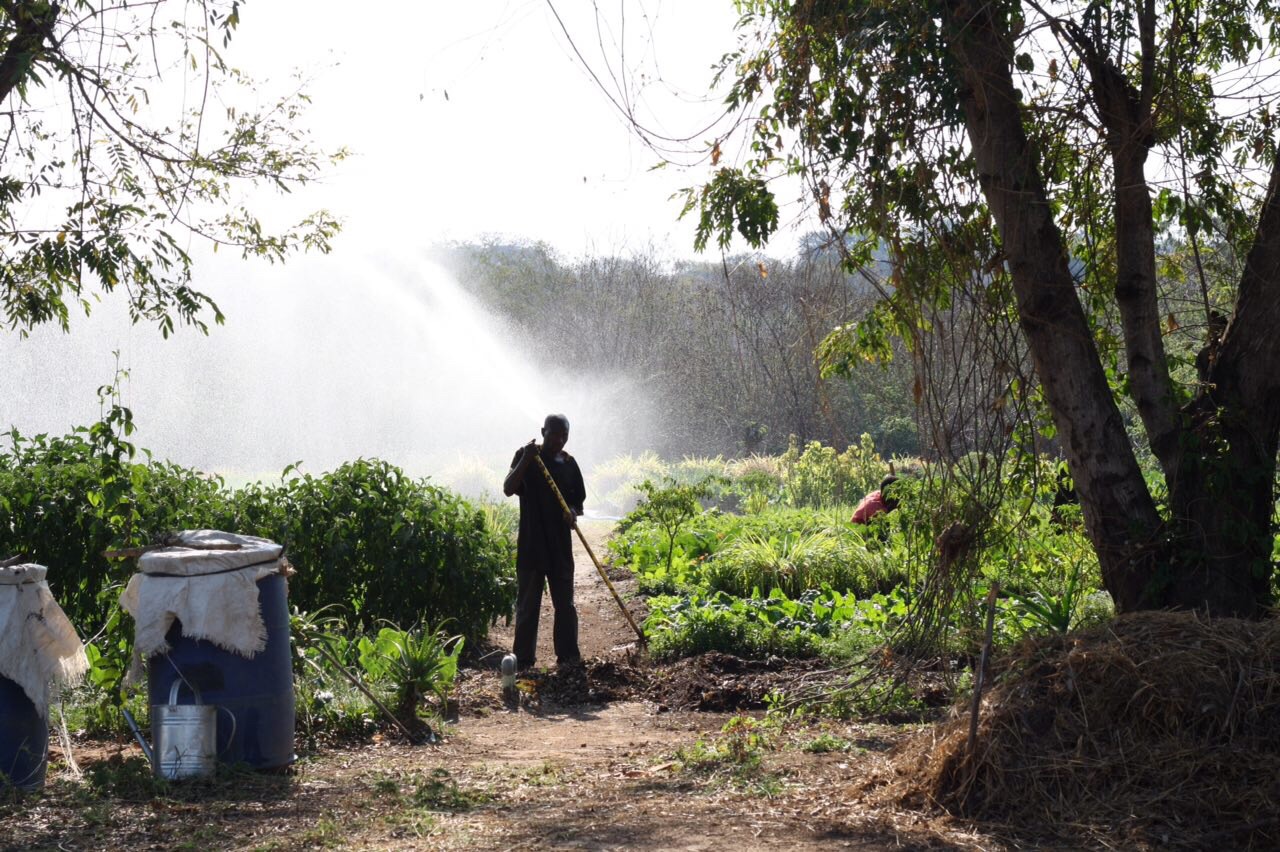
Kasisi reaches out with their own radio program in the Lusaka and Kafue area. In this program they explain things about organic farming. One of the listeners to the radio program suggested to start organizing farmer to farmer training. This led to a program of study circles with 7 - 15 farmers who learn from each other.
Kasisi now functions not only as a training centre, but also as a research station for organic farming. They're constantly testing out new techniques before implementing them in the various courses. Currently one of Kasisi's focal points is Permaculture, together with the University of Zambia. They've developed a Permaculture plot that can be farmed by a family consisting of a mother with 6 children, offering them food to eat and some surplus yields to sell.
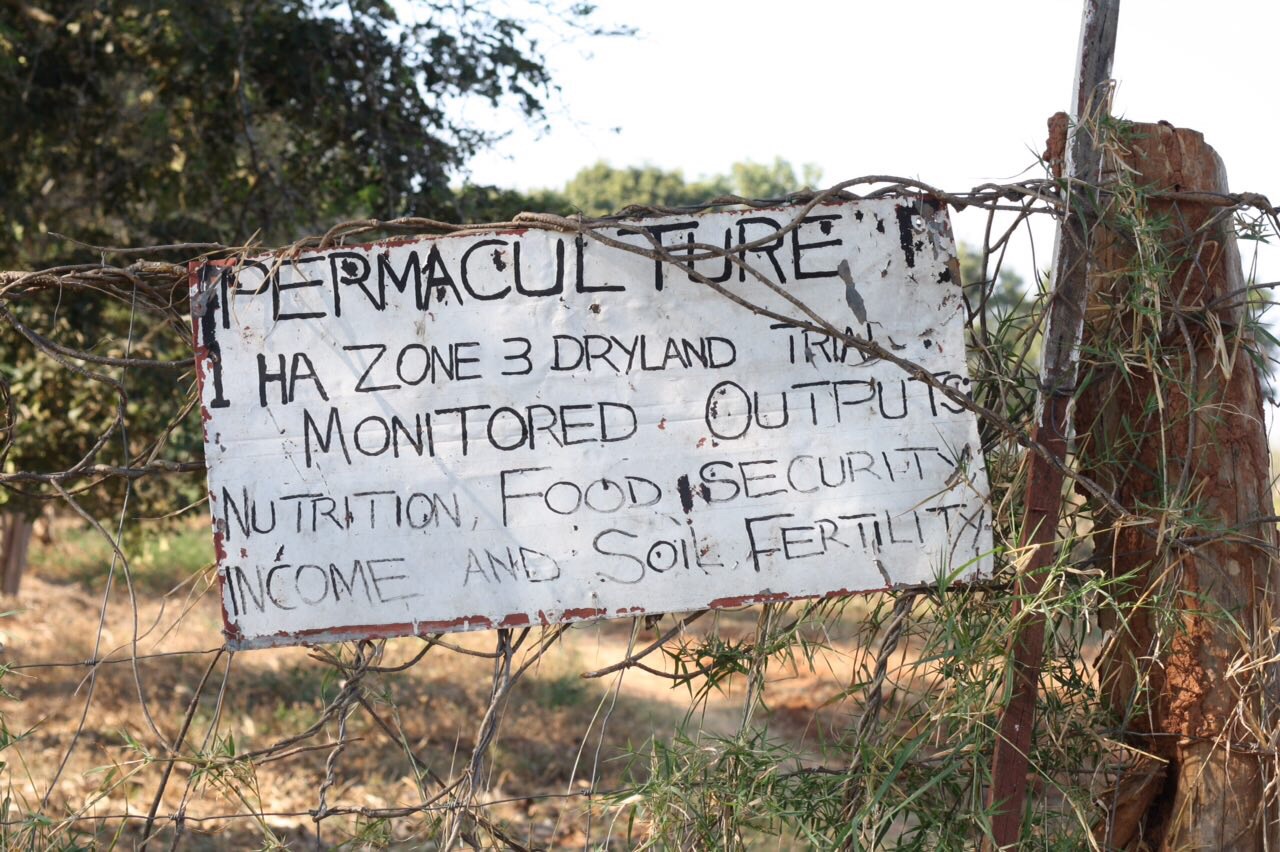
At the core of Kasisi's way of farming is natural replenishment of the soil's nutrients. For example by interplanting corn and Gliricidia. This tree restores nitrogen and helps the soil to retain water. Or Pigeon Pee, a tree whose leaves work as a natural fertilizer and whose fruits can be sold as animal food, creating an additional source of income. The deep root system of the Pigeon Pee also enhances the soil quality.
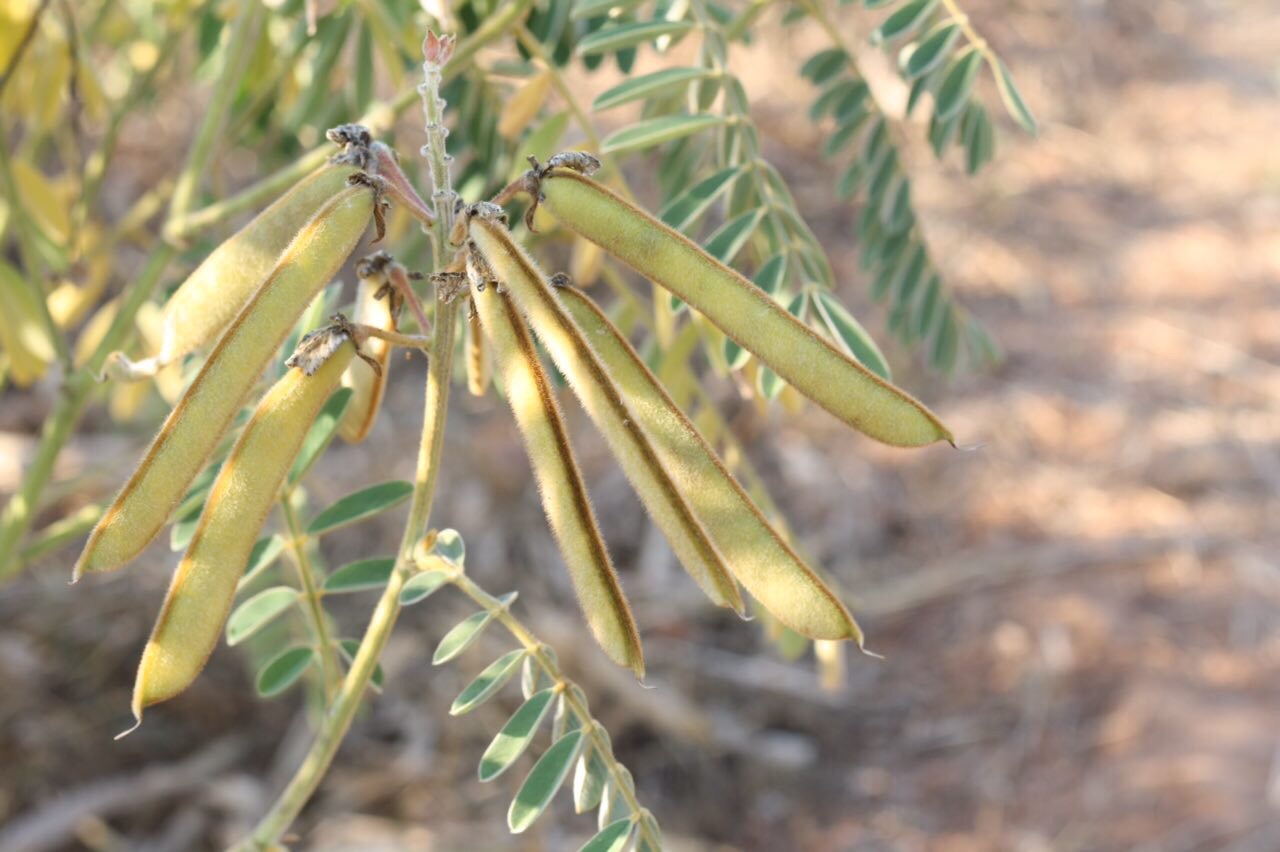
Currently Kasisi is experimenting with large scale organic farming. They are growing two fields of 50 ha. One field grows barley, the other field wheat. Yields are not as high as the highest yields in professionalized conventional farming, but Br. Paul hopes his product is of a higher quality in both taste and nutritious value.
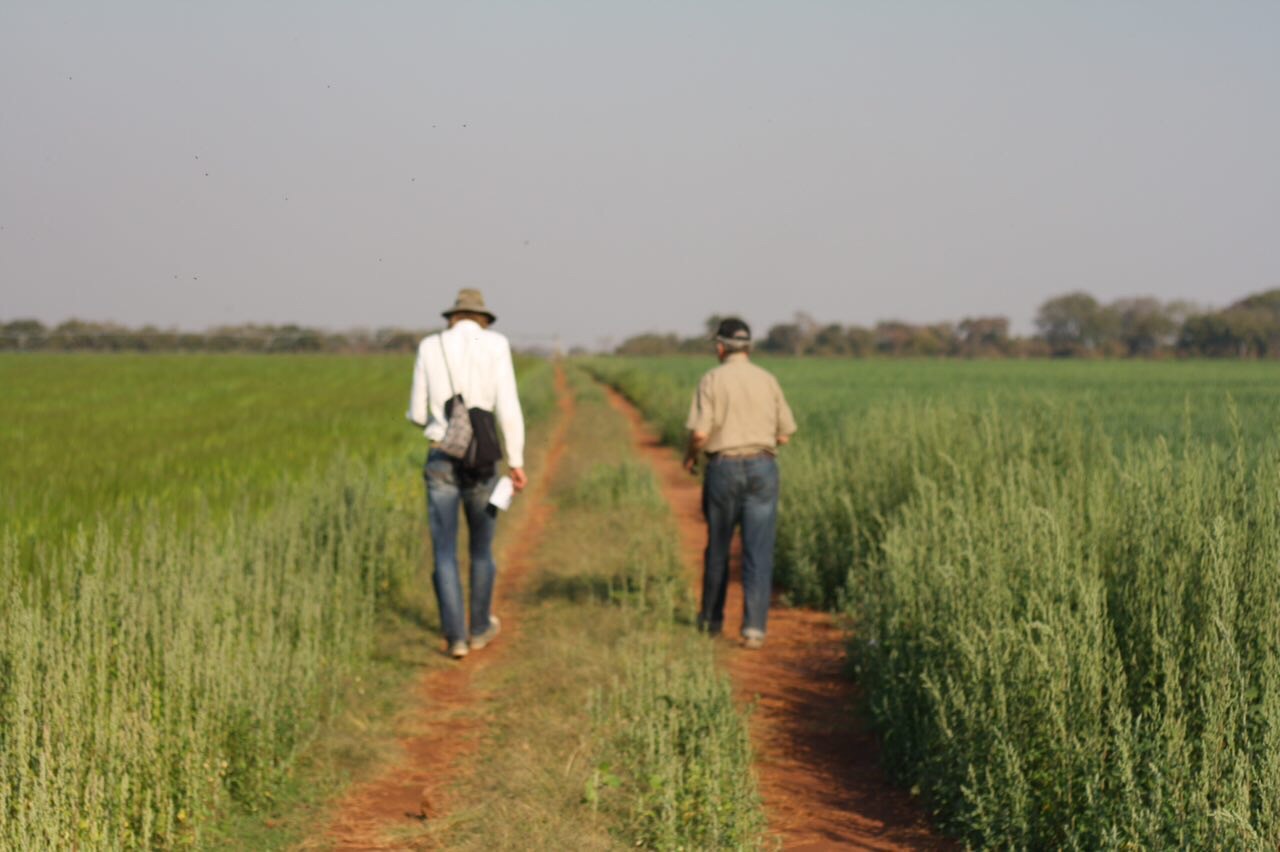
The influence of Kasisi goes beyond the practical teachings if you take in account the work of the Jesuit Centre for Reflection. Through this centre Kasisi is an important advisor for politicians. Their advise was vital in Zambia's decision to keep GMO's out of the country. Apart from worries about the destructive effects of GMO's on the natural balance of the soil, another worry is that preventing farmers from replanting GMO seeds in a country like Zambia is close to impossible. Thus creating an unpredictable impact on productivity of small scale farmers who cannot afford the pesticides and herbicides that are sold along with the GMO's.
Kasisi operates with 25 senior staff and 50 support staff. They train about 1.500 people each year. The amount of people that they reach with all their activities annually goes well over 2.000
Br. Paul has been working at Kasisi for over 40 years and has build an invaluable centre of knowledge and practical expertise in Zambia. As he is growing older, we're curious to see if a younger generation will continue the work that he's been doing to build a sustainable agricultural sector in Zambia.

